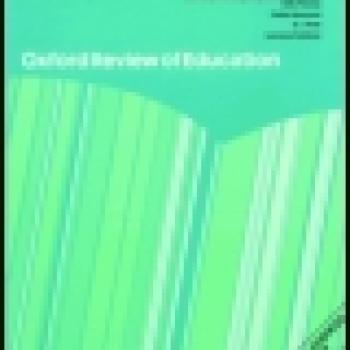
Due to the rarity of longitudinal data, evidence on the benefits of education across the life-course is relatively sparse in developing countries. Young Lives is the only comparative dual-cohort study to combine data collection using mixed-methods at child, household, school and community levels, following 12,000 children in two cohorts across four countries since 2002. This article outlines the conceptual and analytical framework and the key methodological features of the Young Lives study, and the unique potential of the data for analysis of educational trajectories, and of the influences that shape them. It discusses the challenges associated with a cross-country interdisciplinary study of children, their families and schools and examines how these were addressed. These include the logistical, epistemological and ethical challenges of ensuring the integrity of the panel data and cohort, maintaining an appropriate degree of consistency across countries in terms of design and measurement, without compromising policy relevance at the national level, and balancing the sometimes competing demands for cross-sectional and longitudinal
evidence.
Keywords: longitudinal; cohort; household survey; school survey; methodology; mixed-methods; cross-country; ethics
The final published version of the article is available on the journal website.

Due to the rarity of longitudinal data, evidence on the benefits of education across the life-course is relatively sparse in developing countries. Young Lives is the only comparative dual-cohort study to combine data collection using mixed-methods at child, household, school and community levels, following 12,000 children in two cohorts across four countries since 2002. This article outlines the conceptual and analytical framework and the key methodological features of the Young Lives study, and the unique potential of the data for analysis of educational trajectories, and of the influences that shape them. It discusses the challenges associated with a cross-country interdisciplinary study of children, their families and schools and examines how these were addressed. These include the logistical, epistemological and ethical challenges of ensuring the integrity of the panel data and cohort, maintaining an appropriate degree of consistency across countries in terms of design and measurement, without compromising policy relevance at the national level, and balancing the sometimes competing demands for cross-sectional and longitudinal
evidence.
Keywords: longitudinal; cohort; household survey; school survey; methodology; mixed-methods; cross-country; ethics
The final published version of the article is available on the journal website.

